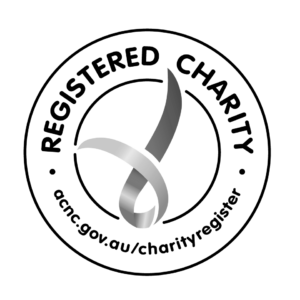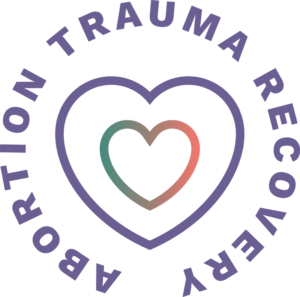Reading this article by Bec Whetham of the ABC (10/07/2021) was a stark reminder of the absolute necessity of expanding awareness in the area of abortion trauma and the dire scarcity of resources and support for the community, professionals and sufferers. The article clearly demonstrates the juxtaposition of abortion trauma as a serious health concern within our communities.
“It’s such a complex thing, it’s really hard to translate into words. It’s almost like the longer time goes by, it gets deeper and deeper.”

Sarah
Having worked in the area of abortion trauma for almost 20 years, I understood the heart of this sorrowful mother, grieving for her lost child. “… a lot of regret and so many emotions”, in an environment where it was and is ‘a hard thing to talk about’. While the author does not elaborate on the reasons for this, it is not uncommon for women suffering abortion trauma, to express themselves this way. Most women prefer to remain anonymous but are often overwhelmingly grateful for a kind ear.
“… more common than most people would realise… and definitely something we’re not aware of enough. Post-abortion grief is definitely real.”
The insights of the pregnancy support counsellor interviewed for this ABC article are on-point. Following Sarah’s testimony, this clearly experienced counsellor acknowledges the existence of Sarah’s abortion grief and goes so far as to refer to it as a ‘trauma’ that happens like anything else in life – some people cope better than others.
Why so hard to talk about?
The article is a case in point that provides us an answer… the subtitle of the centre-piece states ‘No evidence of adverse impact on mental health’. While available evidence voids this statement as nonsensical, it immediately lends to shaming and silencing post-abortive women – blame the victim. The language creates an environment that is difficult, if not impossible, for women to talk about their abortion experience.
Women who suffer abortion grief or trauma are referred to as ‘exceptions’ because ‘for most women that is not the experience’. Professor Black did not provide any additional insight for these grieving women other than their status as a minority group compared to the whole. However, New Zealand researchers were more informative finding a lot of existing research made ‘… it hard to determine the true effect of abortion on mental health … resulting in a situation in which weak research has been used to support strongly stated opinions on the harms or benefits associated with abortion”.
What we do know from this article is that women, a lot of women, are clearly suffering from abortion trauma. There is an urgent need for integration of community, health, welfare and educational services into the healing, early-intervention and prevention of abortion-related grief, trauma and mental illness.

